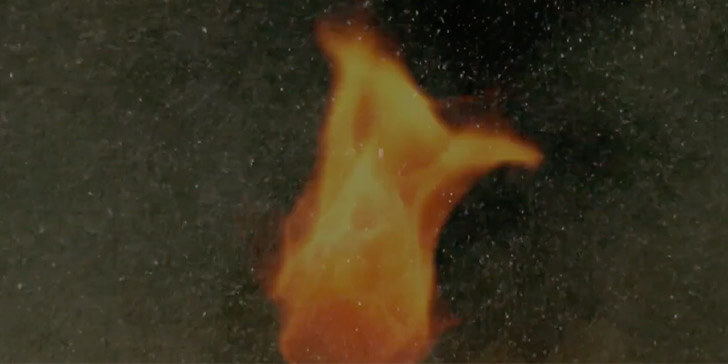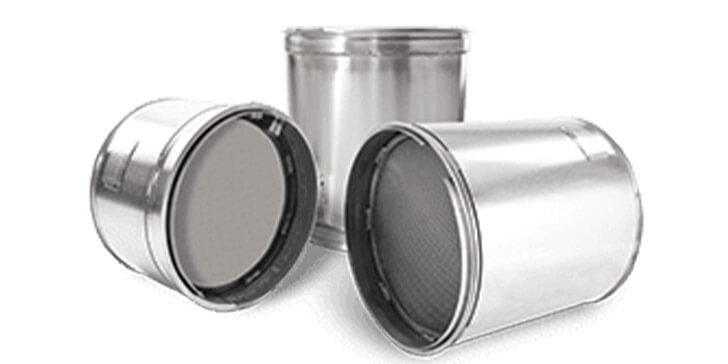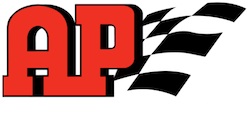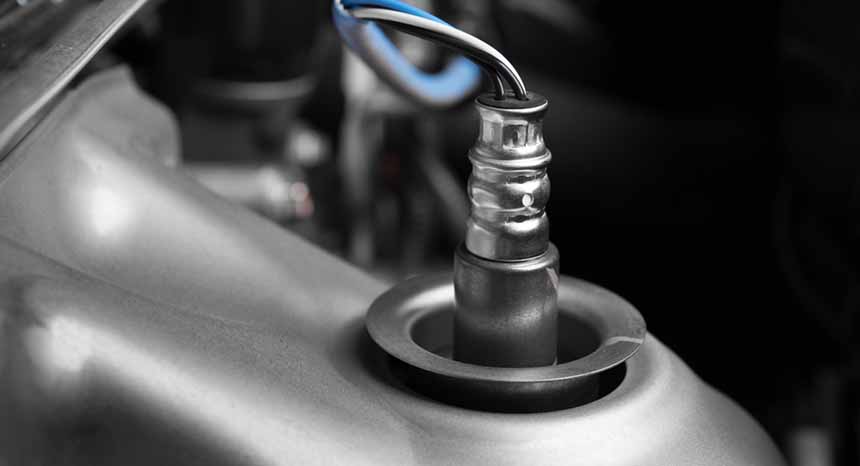In this episode, AP Emissions’ Leonard Oshman, Director of Business Development, explains common causes of diesel particulate filter failures.
Episode Recap:
- What does a DPF do? (0:22)
- What are common causes of DPF failure? (0:38)
- How do shorter trips impact DPF regeneration cycles? (1:04)
- Issues with the exhaust recirculation EGR valve. (1:24)
- Sometimes the problem is simply operator error. (1:50)
- Turbos rarely fail but they can perform ineffectively. (1:59)
- Overloaded DPFs can lead to cracked or melted components (2:08)
A truck’s diesel particulate filter (DPF) removes diesel soot from the exhaust emissions of a diesel engine and, like any other filter, it slowly gets clogged up with the soot that is trapped and, if not serviced when required, most often fails.
What are a few common causes of DPF failure?
High idle times
High idle causes buildup of particulates in the filters, which increases the cleaning frequency. Particulates not burned off through the regeneration process can lead to poor fuel economy, reduced power output, and possibly costly engine damage.
Trucks running shorter routes
Quite common today is recurring short drive times at lower highway speeds, and short-duty vehicles often struggle to get enough heat to regenerate as needed. An optimal DPF regeneration takes place at high engine speed.

Issues with the exhaust recirculation EGR valve
Carbon dust inside the exhaust gases clogs up the EGR system, reducing the movement of the EGR valve. Due to this, the engine doesn’t function properly, leading to insufficient fuel consumption, more carbon dust production. Soon, this causes a DPF to become clogged.
Operator error
Disregard of the engine management system request for active regen.
Turbo failure
Good-quality turbochargers rarely become faulty. However, without the correct operating conditions, these will perform ineffectively.
Overloaded DPFs
DPF overload can lead to cracked or melted DPFs.
Thanks for watching. For more information, visit our website at apemissions.com or visit durafit-exhaust.com.





